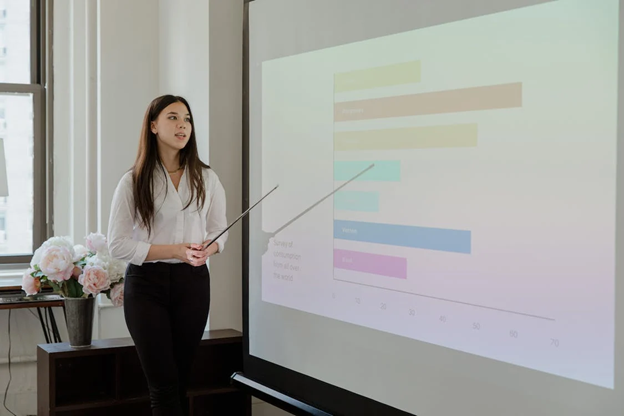It’s been 7 years since I left Russia where I was using Russian on a daily basis. I haven’t had more than a handful of conversations since them, and needless to say my Russian is rusty. However, like many who are bilingual can identify with, there are a handful of words I will never forget, one of them being the word probki (пробки). In case you didn’t know, probki means traffic jam in Russian, and if you ever find yourself in Moscow, it might just be one of the most powerful words in your vocabulary bank.
Moscow has some of the worst traffic in the world, and I was new to a world where an individual could be as much as an hour late, say the word probki, and all would be forgiven. I was fascinated by the power of the word, which didn’t require any further background information.
In my previous blog Three Positive Expectations for Online Learning Courses, I listed a stable internet connection as one of the expectations. This expectation has turned out to be essential, but as the number of my online students continues to grow, I am more frequently hearing the phrase “technical issues” for a reason behind a tardy arrival or absence, which draws a resemblance to probki.
Of course, we all, have faced technical issues with online learning, and I am not suggesting students should face consequences when technical issues arise. However, I do suggest discussing specifics behind a student’s technical issue in order for the phrase not to be taken as an end all explanation.
A common example might be one of an internet connection that prevented the student from joining an online lesson, a very common situation. A discussion might begin by posing the question, What kind of technical issue was it? If a response is along the lines of not having quality internet at home, we could extend the conversation with Is there anything you could do to improve your connection? Often, of course, the student doesn’t have much control over the situation. However, there may be possible solutions, such as upgrades, changing rooms, using an ethernet cable, calling the provider, etc.
By talking about technical issues behind an absence or tardiness in an online course, we are empowering students to problem solve through what may be uncomfortable territory. For example, a student unable to connect through computer audio is often something completely within their control. Yes, there are technical issues with online learning just as there are traffic jams in Moscow, but, fortunately, students often have the ability to minimize their absences by problem solving in the target language with an instructor.
—
Ryan is an onsite and online English instructor for Workplace Languages. Ryan has been in the field of English language instruction since 2006 teaching, developing, creating and leading in a variety of settings including public school systems, universities and private institutions. In addition to language classes, Workplace Languages offers full-service translation, voice-over services, off-the shelf language learning products, and a wide range of customized language programs to help you close the communication gap at your company.




